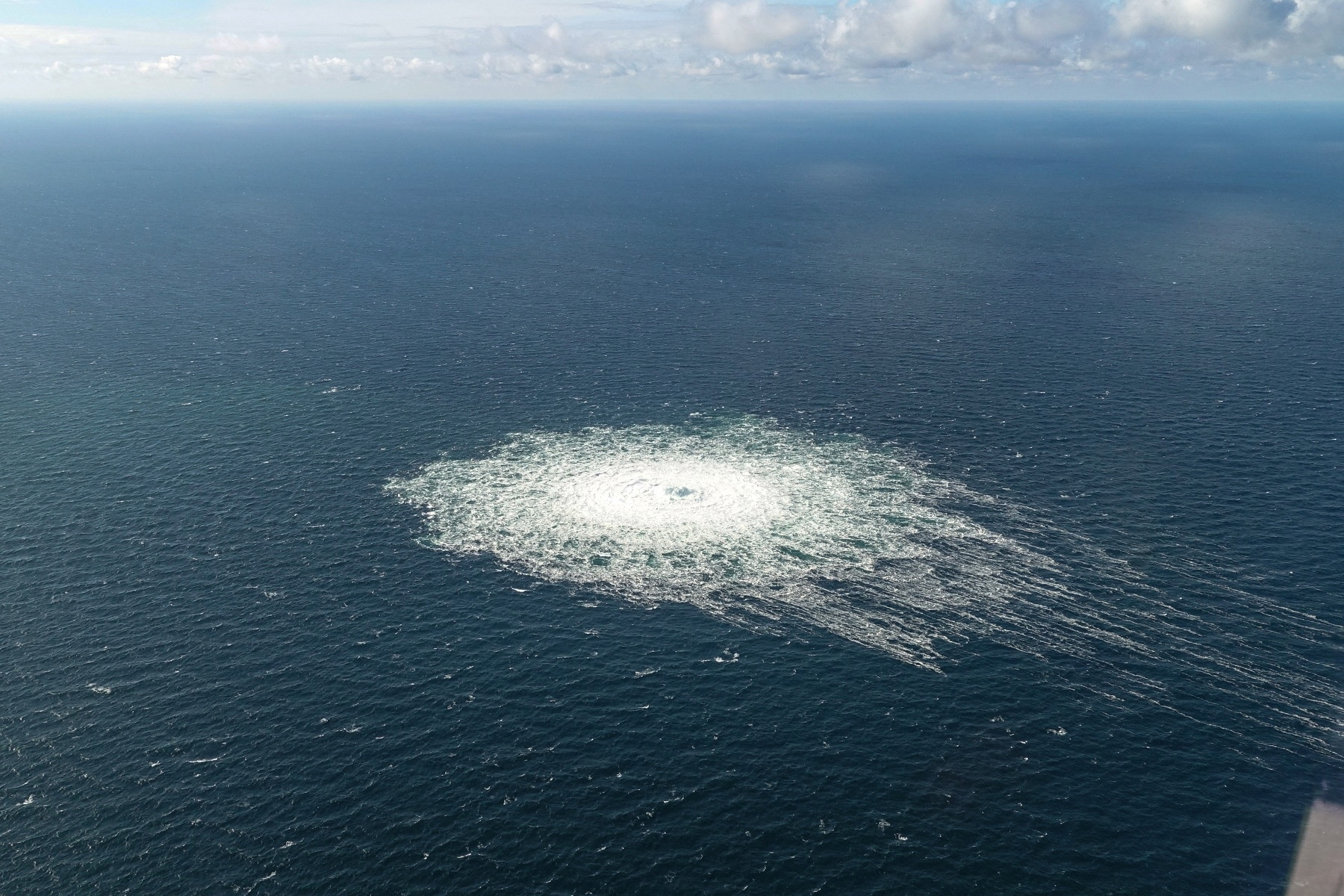By Rachel More and Anna Wlodarczak-Semczuk
BERLIN (Reuters) – Poland has received a European arrest warrant issued by Berlin in connection with the 2022 attack on Nord Stream pipelines, but the suspect, a Ukrainian man named Volodymyr Z, has already left Poland, Polish prosecutors told Reuters .
He was able to leave because Germany had failed to include his name in a database of wanted people, prosecutors said.
The multibillion-dollar Nord Stream 1 and 2 pipelines that transport gas under the Baltic Sea were ruptured by a series of explosions in September 2022, seven months after Russia launched a full-scale invasion of Ukraine.
German investigators believe Volodymyr Z, a Ukrainian diver, was part of a team that planted the explosives, SZ and Die Zeit newspapers reported along with ARD broadcaster, citing unnamed sources.
Polish Public Prosecutor’s Office spokeswoman Anna Adamiak said that German authorities sent a European arrest warrant against Volodymyr Z to the Warsaw District Prosecutor’s Office in June in connection with the proceedings against him in Germany.
“In the end, Volodymyr Z was not apprehended because he left Polish territory and crossed the Polish-Ukrainian border in early July,” she wrote in an emailed statement in response to questions from Reuters.
“Free crossing of the Polish-Ukrainian border by the above-mentioned person was possible because the German authorities had not included him in the database of wanted persons, which meant that the Polish Border Guard had no knowledge and no reason to detain Volodymyr. Z.”
Polish law does not allow the publication of the full names of suspects in criminal investigations.
Germany said its relationship with Ukraine was not strained by the Nord Stream investigation.
“The procedures do not affect what the Chancellor (Olaf Scholz) has described as the support of Ukraine’s defense against Russia’s illegal war of aggression for as long as necessary,” the spokesperson added.
The Ukrainian Foreign Ministry did not immediately respond to a request for comment. The German federal prosecutor’s office declined to comment on the media reports.
The German investigation into the sabotage has also identified a married couple, a man and a woman – also Ukrainian diving instructors – but no arrest warrants have been issued for them so far, according to SZ, Zeit and ARD.
The woman told broadcaster Welt on Wednesday that neither she nor her husband were involved, and that she was in Kiev, the Ukrainian capital, at the time of the pipeline attack.
The blasts destroyed three of the four Nord Stream pipelines, which had become a controversial symbol of Germany’s dependence on Russian gas in the wake of Moscow’s invasion of Ukraine.
Russia blamed the United States, Britain and Ukraine for the blasts, which largely cut off Russian gas from the lucrative European market. These countries have denied their involvement.

Germany, Denmark and Sweden all opened investigations into the incident, and the Swedes found traces of explosives on several objects recovered from the explosion site, confirming that the blasts were deliberate acts.
The Swedish and Danish investigations concluded in February without a suspect identified.


